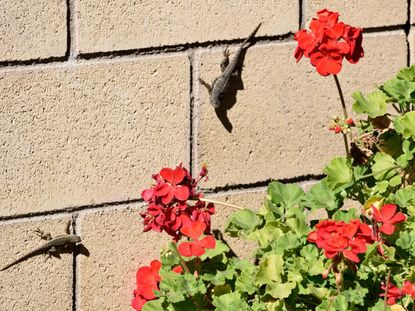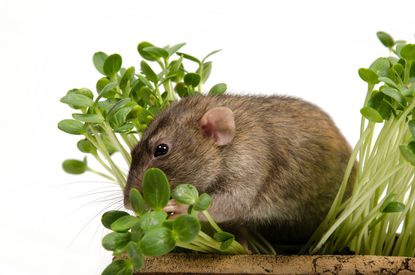Garden Pests
Identifying garden pests is sometimes difficult, as there are many, but important when it comes to pest control in your garden. However, with the right tips and facts about garden pests at your disposal, you can arm yourself with the tools you need for controlling pests before they take control of your plants. Common pests in the garden don’t need to be a cause for alarm. Simply use the following information for identifying garden pests and learn how to employ the best methods for pest control in your garden.
Explore Garden Pests
Garden Pests
-
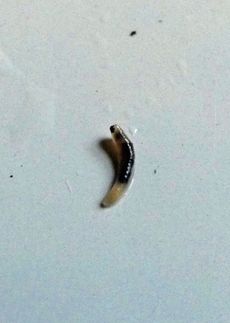
Fruit Maggot Info – Where Do Fruit Maggots Come From
There’s nothing as disgusting as picking fresh fruit only to bite into it and discover a worm! Learn about fruit maggots and prevention here.
By Amy Grant
-
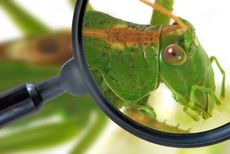
What Bug Is This – Basic Tips On Identifying Garden Pests
Experts have estimated that there are up to 30 million species of insects living on the planet. With so many, it’s no wonder identifying garden pests is not always an easy task. To learn a few methods of identifying garden pests, click here.
By Teo Spengler
-
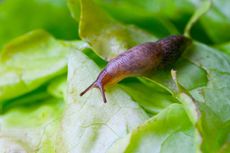
Killing Slugs With Beer: How To Make A Beer Slug Trap
During the day, slugs like to hide under mulches and in wormholes, so handpicking these intruders is difficult. Perhaps, you've heard of killing slugs with beer and wonder if this alternative method for non-chemical control is effective. Click here to find out.
By Laura Miller
-
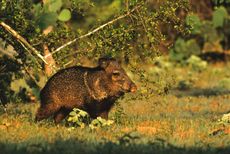
Wild Pigs In The Garden – Growing Javelina Proof Plants
If you live in an area where you have wild pigs in the garden, you are likely frustrated and want to get rid of them. One alternative is growing plants javelina will not eat. Take it a step further and grow plants they hate, in order to repel them. Learn more in this article.
By Becca Badgett
-
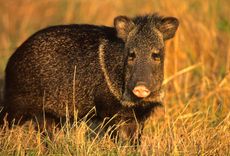
What Is A Javelina: Ways Of Dealing With Javelinas In Your Garden
The javelina is an animal that roams most of the American Southwest. Keeping javelinas out of the garden can be tricky, as these creatures are not very picky about their diets and enjoy almost everything. To learn how to control them in or around your garden areas, click here.
By Bonnie L. Grant
-
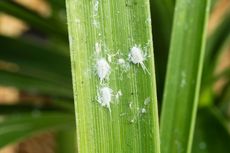
Managing Mealybugs Outside: Tips For Outdoor Mealybug Control
The leaves on your outside plants are covered with black speckles and spots. Upon closer inspection, you find tufts of cottony material and segmented waxy bugs. Congratulations, you've discovered mealybugs in the garden. Learn how to control them here.
By Laura Miller
-
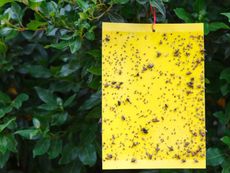
Sticky Trap Pest Control: Information About Using Sticky Traps
Pests in the garden can be a real problem. There are many solutions to dealing with unwanted insects, and each has benefits and drawbacks. Sticky traps for bugs may work for your needs. Click this article for more information on indoor and outdoor sticky trap use.
By Mary Ellen Ellis
-
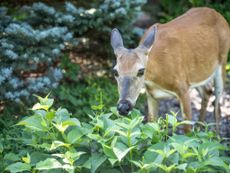
Deer Proof Shade Flowers: Choosing Deer Resistant Flowers For Shade
Watching deer move through your property can be a peaceful way to enjoy nature. However, they can become a nuisance if they start eating your flowers. If you have a shady garden bed, add flowers they will have no interest in. Click here to learn more.
By Mary Ellen Ellis
-
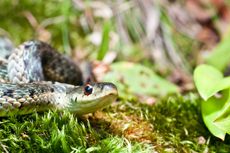
What Plants Do Snakes Hate: Using Snake Repelling Plants For Gardens
We should all agree that snakes are important. However, we don't all necessarily want to be surprised by one in our garden. The best methods for keeping snakes out of the garden are keeping it clutter-free and planting snake repelling plants. This article can help.
By Bonnie L. Grant
-
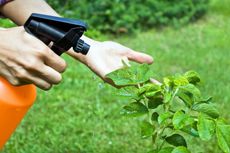
How And When To Use Permethrin: Applying Permethrin In The Garden
What is permethrin? If you’ve had problems with garden pests, then you’ve probably heard of it. Permethrin is usually used for pests in the garden but may also be used as an insect repellent on clothing and tents. Click this article to learn about permethrin in the garden.
By Amy Grant
-
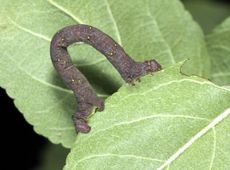
Spanworm Control: Tips For Getting Rid Of Spanworms In Gardens
Large, irregular rips and tears in the foliage? You may be seeing spanworm damage. “What are spanworms and how do I go about getting rid of spanworms before they strike again?” Learn more about spanworms, their sneaky habits, and spanworm control here.
By Becca Badgett
-
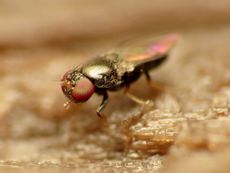
Fungus Gnat Vs. Shore Fly: How To Tell Fungus Gnats And Shore Flies Apart
Although they are often found flitting around in the same area, are there differences between the shore fly and fungus gnat or are shore flies and fungus gnats the same? If different, how do you tell fungus gnats and shore flies apart? Find the answers in this article.
By Amy Grant
-
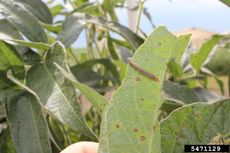
What Are Fireworms: Tips On Fireworm Control In Gardens
Starting and maintaining a garden is exciting and rewarding but can also be frustrating when fireworm pests wreak havoc on plantings. Recognizing the signs and symptoms of infestation is the first step to a healthy growing space. Learn more here.
By Tonya Barnett
-
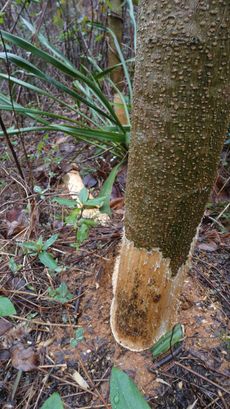
Protecting Trees From Rodents: What To Do With Trees Damaged By Rodents
Rodents that eat tree bark include everything from rabbits to voles. With a little effort, you can install rodent protection for trees and take steps to aid trees damaged by rodents. Click on the following article to find out how to protect or save your trees.
By Teo Spengler
-
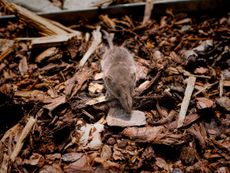
Do Mice Like Mulch: How To Get Rid Of Mice In Garden Mulch
Just as we would prefer our homes to be rodent free, preventing the presence of these nuisance animals in our gardens, yards, and flower beds is equally important. Click this article for tips on preventing mulch rodent problems and keeping mice out of mulch.
By Tonya Barnett
-

Deer Proof Evergreens: Are There Evergreens Deer Won’t Eat
The presence of deer in the garden can be troublesome. With some proven planting techniques, however, gardeners may be able to reduce the occurrence of damage caused by deer. Planting deer resistant evergreen plants, for example is one method. Learn more here.
By Tonya Barnett
-
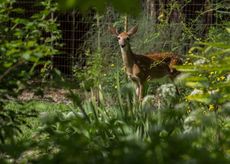
Deer Proof Groundcovers – Groundcover Plants Deer Leave Alone
Your English ivy is eaten down to the ground. You've tried deer repellents, human hair, even soap, but nothing keeps the deer from chewing the leaves off your groundcover. Without their leaves, groundcovers fail to control the weeds. Click here for deer proof groundcovers.
By Laura Miller
